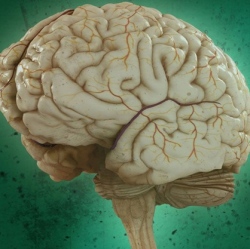
Healthy people given the serotonin-enhancing antidepressant citalopram were willing to pay almost twice as much to prevent harm to themselves or others than those given placebo drugs in a moral decision-making experiment at UCL. In contrast, Parkinson’s drug levodopa made healthy people more selfish.
The study was a double-blind randomised controlled trial and the results are published in Current Biology. The research provides insight into the neural basis of clinical disorders characterized by a lack of concern for others, such as psychopathy. Serotonin and dopamine levels have both been linked to aggressive and antisocial behavior, and this study helps explain why.
"Our findings have implications for potential lines of treatment for antisocial behavior, as they help us to understand how serotonin and dopamine affect people’s willingness to harm others for personal gain," says lead author Dr Molly Crockett, who conducted the study at UCL and is now at Oxford University. "We have shown that commonly-prescribed psychiatric drugs influence moral decisions in healthy people, raising important ethical questions about the use of such drugs.
"It is important to stress, however, that these drugs may have different effects in psychiatric patients compared to healthy people. More research is needed to determine whether these drugs affect moral decisions in people who take them for medical reasons."
